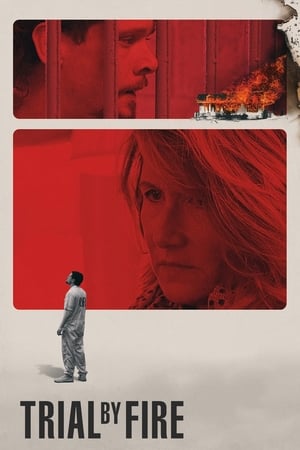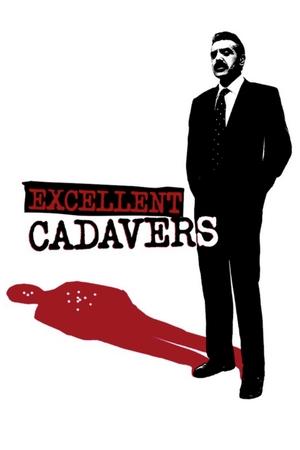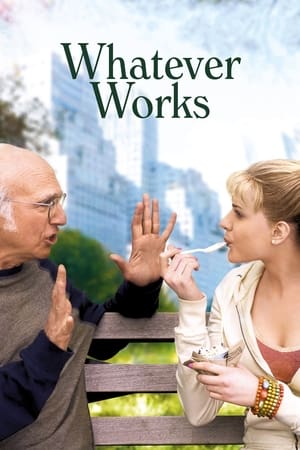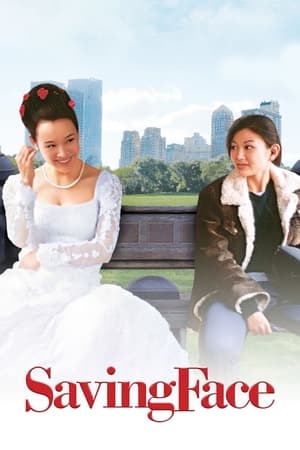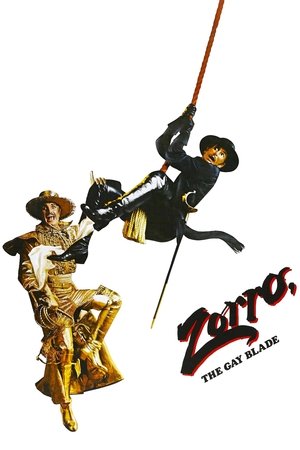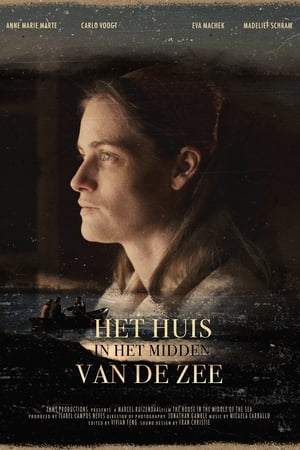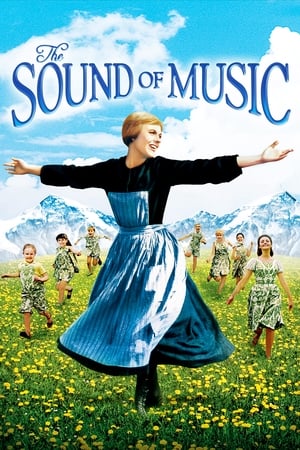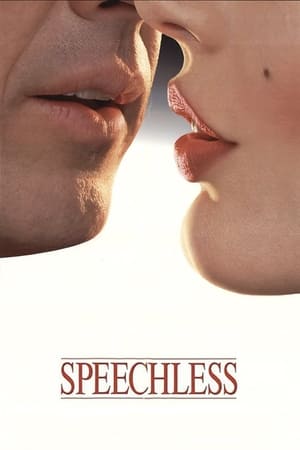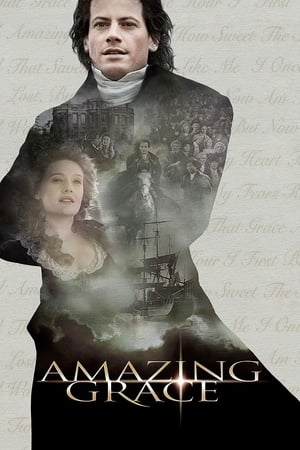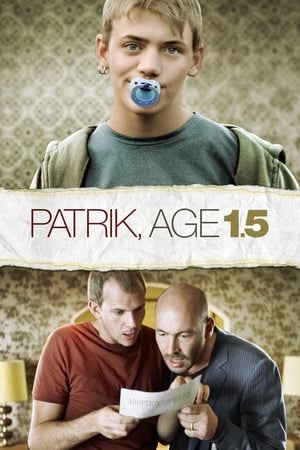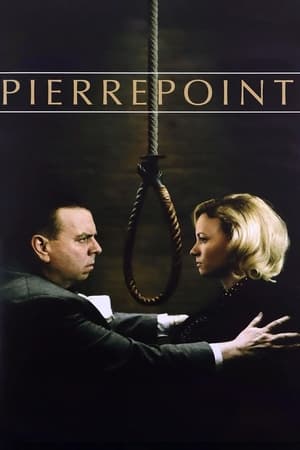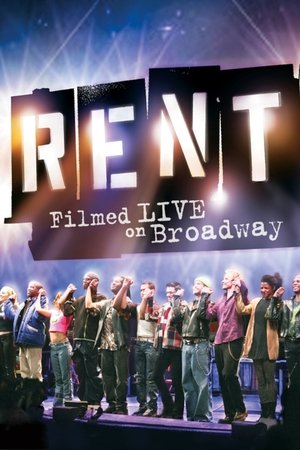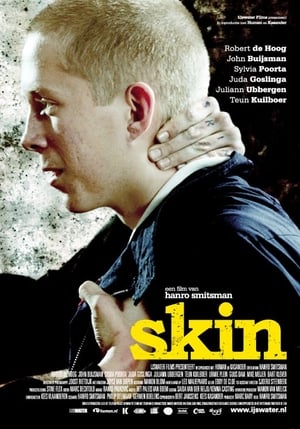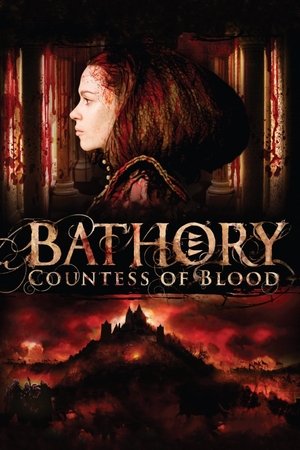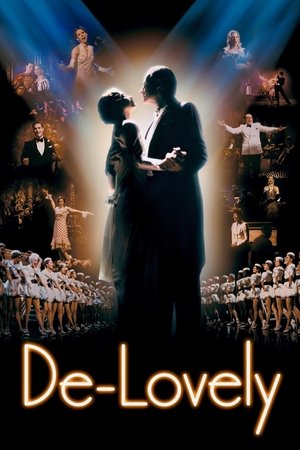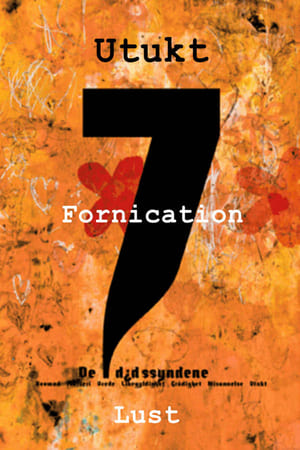Overview
A towering and fearless love story chronicling the lifelong relationship between Leonard Bernstein and Felicia Montealegre Cohn Bernstein. A love letter to life and art, Maestro at its core is an emotionally epic portrayal of family and love.
Reviews
FULL SPOILER-FREE REVIEW @ https://fandomwire.com/maestro-venice-film-festival-review-bradley-cooper-is-a-certified-talented-filmmaker/
"Maestro exceeds expectations, certifying Bradley Cooper as a filmmaker with innate talent, just like Leonard Bernstein, who the former portrays brilliantly.
An inspirational biopic focused on an exponentially compelling romance elevated by emotionally genuine performances filled with intensely, passionately authentic interactions. Carey Mulligan joins the actor/director in the race for awards with a remarkable, spectacular display that will bring tears to even less sensitive viewers.
Technically sublime, the conductor's music induces many chills in the audience through a story about love, family, artistic passion, and all the obstacles and dilemmas that arise from them."
Rating: A-
I don't know if maybe "Bohemian Rhapsody" (2018) or "Rocketman" (2019) have made me a bit immune to the rather hedonistic lifestyles of the musical rich and famous, but I found this beautifully photographed depiction of the life of the enigmatic Leonard Bernstein to be remarkably tame. The monochrome presentation is glorious to look at, but the narrative is weak, I found. Carey Mullian, his long-suffering wife Felicia Montealegre is easily the most meritorious of praise here. She portrays the increasingly frustrated, betrayed yet still loving woman with a strength and subtlety that is really engaging - especially towards the end of the film. Cooper, on the other hand - well, was he meant to be mimicking Barry Manilow or Tony Bennett? We learn very little about what made the man tick, about what made his sexuality such a big deal for him? The other characters come and go with little context to illustrate their roles in his life, his role in their's and with the possible exception of their eldest daughter Shirley (Sarah Silverman) there is no conversation to be had about just how this marriage of convenience was established or managed. It's also largely devoid of his most famous musical works. Aside from the tiniest interlude from "West Side Story" - which I know he didn't much care for - we could be forgiven for assuming that this was a biopic of a composer with high-brow classical aspirations but with little popular appeal. That said, there is a splendid rendition of Mahler's 2nd from the acoustically gorgeous Ely cathedral to savour, but otherwise this is all a rather underwhelming melodrama that really didn't tell me much that I didn't already know about this charismatic, selfish and flawed individual the fluctuating state of whose marriage was, frankly, of very little interest to me. More marital woes than maestro, sorry.
A great talent deserves a great biopic. Regrettably, in the case of the late conductor/composer/musician Leonard Bernstein, he doesn’t get it. Writer-actor-director Bradley Cooper has made a film that I’m sure he thinks of as his cinematic masterpiece when, in fact, it comes across more like a tribute to the filmmaker’s own ego than as an homage to his subject. Perhaps the biggest problem here is the screenplay, which can never really decide if it wants to be a litany of the accomplishments of the artist (Cooper) or a love story between him and his adoring wife, Felicia (Carey Mulligan). The constant switching back and forth between the two leaves viewers wondering which will be the focus that the director settles on. Then there’s Cooper’s increasingly hammy overacting, which grows progressively annoying as the film plays out, a performance riddled with knowing looks of “I know I’m going to get awards nominations for this portrayal.” Add to that a somewhat inexplicable shift from monochrome to color cinematography, and audiences are left further pondering the filmmaker’s cinematic motivations while simultaneously having to contend with notably underdeveloped depictions of the character’s motivations, making for a rather shallow take overall when it comes to exploring the protagonist’s nature. To its credit, “Maestro” features a fine production design and gorgeous camera work (especially in the black-and-white sequences), and Mulligan’s luminescent presence is positively captivating, in my view the only real reason for screening this offering in the first place. Otherwise, however, this is a big awards season disappointment that leaves much to be desired – and that likely would have been better off left in the hands of the project’s originally designated director, Steven Spielberg. Cooper may be a fine actor, but that’s what he should stick with, as that’s where his real strength lies – not behind the camera or sitting in the writer’s chair.
This biographical movie about Leonard Bernstein is directed and written by Bradley Cooper (and Josh Singer - “Spotlight”) and produced between others by Martin Scorsese (that declined to direct it after seeing “A Star is Born” and to be able to film the Irishman) and Steven Spielberg.
It stars Bradley Cooper as Leonard Bernstein an Jew American conductor and composer (1918–1990) and Carey Mulligan as Felicia Montealegre Bernstein
American actress (1922–1978) who married Lenny in 1951, by social convenience of that epoch.
Leonard Bernstein had a brilliant career playing in Broadway (West Side Story is by him), Carnegie Hall and New York Philharmonic and had also an intense career on teaching, having intense presentations that showed his true love for music - it was also a controverse person, with a very active social live and gay. Not shown in the movie, that he holds a cigar in almost every scene we had asthma (being dismissed in WWII) developed emphysema, dying from a heart attack from a mesothelioma tumor.
Felicia Montealegre Bernstein was a Jew actress from Chilean origins that met Leonard while at a party in 1946 - it was also a true love into Leonard's life, even with his sexual orientation, living a sometimes contributed second life.
The story of the movie show marks at the live on the musician, and the cinematography by
Matthew Libatique behind the camera (A Star is Born, Pi, Fountain of Life, Mother!Requiem for a Dream), shown the ages were the story passed is the cinematographic style and format of those epochs from the 40’s to the 90’s from high-contrast black and white and Academy ratio, to 70 technicolor format eras where it passes, using original equipment for those scenes. Also the scenes of the movie that place great emphasis depending on the dramatic moment - from dialogues and close ups, to discussions and background happenings to the magnificent performances of Bradley Cooper as Leny as maestro, including a memorable scene at a church.
The edition of the movie by Michelle Tesoro (The Queen's Gambit) is very well done, and
the music is all works of Leonard Bernstein (not sure if it can be a contender of this year's Academy nominations). Another remarkable work is the
The movie can be another one of NF gems that comes to the oscar consolidating streaming as a real parallel form of art to classic cinema - I can foresee and nomination to best actor, best co-adjuvant actress, best cinematography and maybe on production, because the makeup and prosthetic work of Kazu Hiro is just amazing life-like, and true to both the physical and psychological side of Leny.
The story of the movie itself could be better in showing better the intimacy between the two, and also some facts left aside as the work of both of them as fierce activists for several causes. The story rhythm is also a bit confuse as it make jumps to the relevant points and do not stay till the end of something predictable but lingering and meaningful (as Felicica’s death, show only as a son running to the backyard the moving of the family from the house)
Brit is a solid biographical movie and one of the ”must watch” movies of the year deserving a solid 7.5 out of 10.0 / B+ only because of its lesser faults.

 129 min
129 min
 6.277
6.277
 2023
2023
 USA
USA
 Manuel São Bento wrote:
Manuel São Bento wrote:
